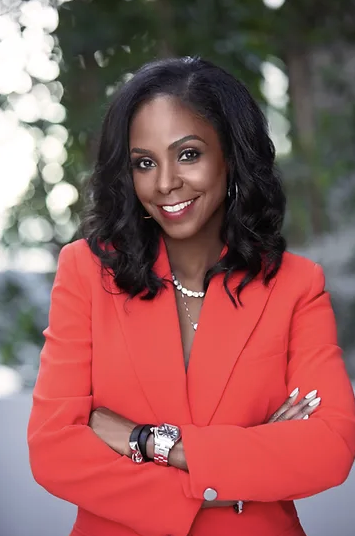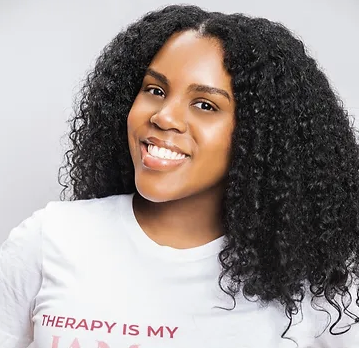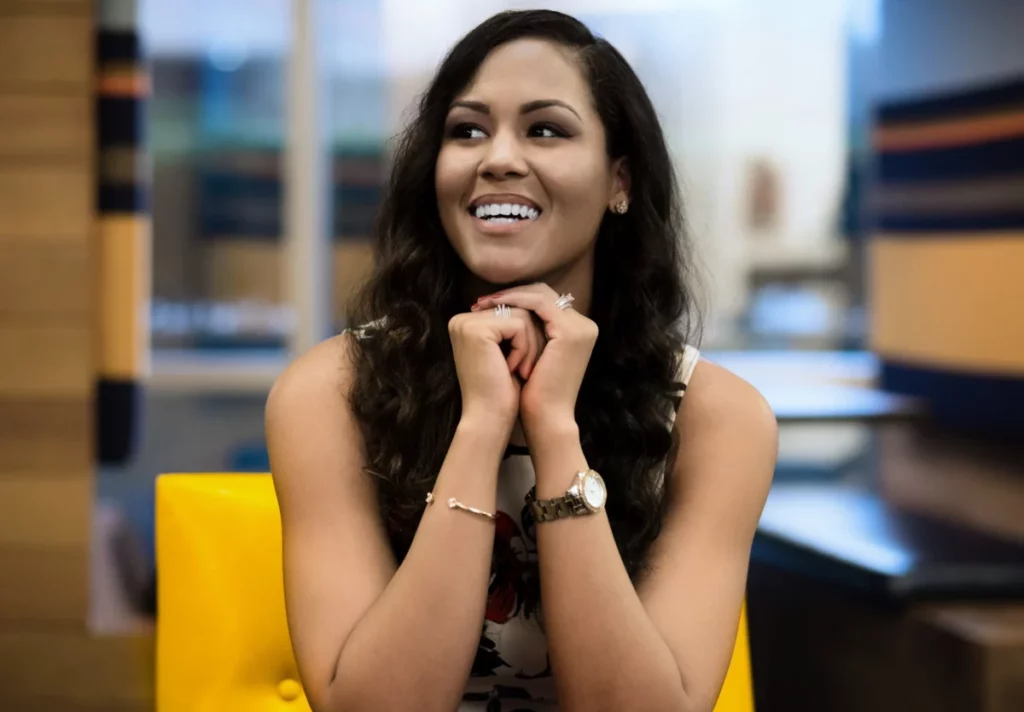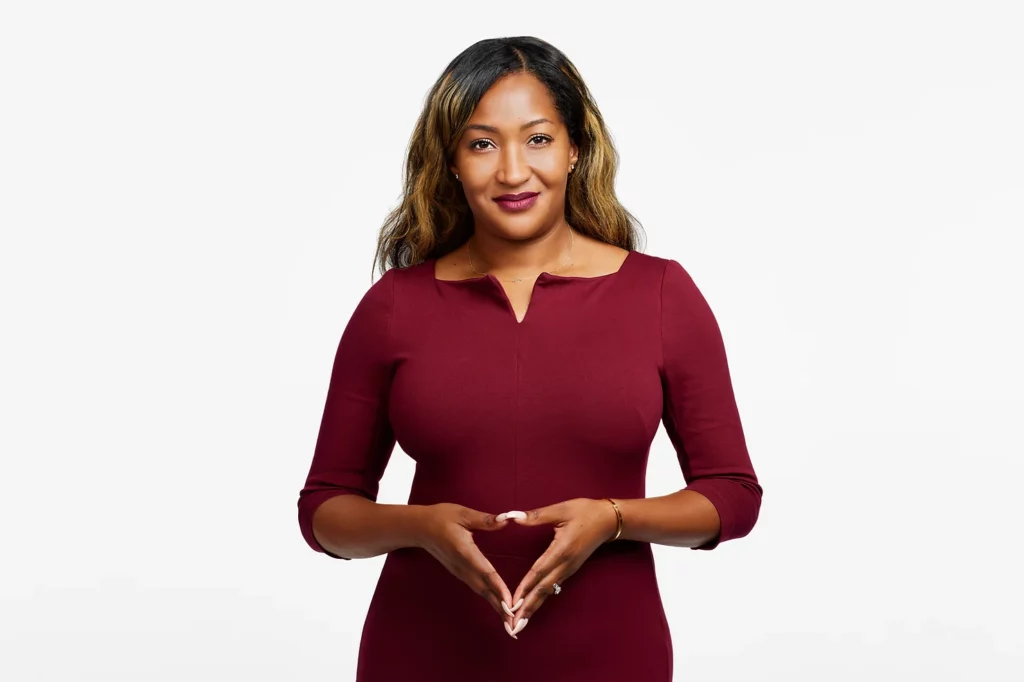
Get to know BET’s Executive Vice President and Chief Marketing Officer Kimberly Evans Paige
It’s not every day you meet a real-life superhero. If you ask Kim Paige, Executive Vice President (EVP) and Chief Marketing Officer (CMO) at Black

If 2020 taught us anything, it’s that mental health in the black community is essential.
While minority communities were disproportionately impacted by COVID-19, the Black community found themselves fighting two wars – the Coronavirus pandemic and systemic racism.
As we head into 2021, it’s important that black individuals find ways to prioritize mental health. Starting therapy is a great way to start.
But…therapy is for rich white people…right? Wrong.
It’s no secret that the black community is slow to seek therapy due to:
Jordan A. Madison is a Licensed Clinical Marriage & Family Therapist who’s here to shed some light on the subject.
Jordan is the Founder of Therapy is my JAM, a community focused on mental wellness, healthy relationships, and destigmatizing therapy in the black community.
This month, we caught up with Jordan to discuss all things therapy and things you should know if you’re considering starting your therapy journey.

1. Where did your interest in therapy begin?
J: It started with an episode of Grey’s Anatomy! I remember there was an episode where Meredith Grey was in therapy, and her therapist helped her have an “Ah-ha” moment.
I remember thinking, “Oh! I want to do that. I want to be able to help people understand more about themselves and help them have these ‘Ah-ha’ moments.”
2. How’s it going….where are you on your therapy journey right now?
J: I am a fully Licensed Clinical Marriage and Family Therapist in Maryland. I’m working for a private practice here in the area and am seeing clients, which is exciting.
Lately, I’ve been thinking of ways to expand my brand. Whether it’s creating journal prompts, a guided journal, or just speaking on more platforms.
3. Therapy is my Jam is dedicated to destigmatizing therapy in the black community. Why is that important?
J: There’s been such a mistrust of the healthcare system in general. Between Henrietta Lacks and the Tuskegee Experiment, there have been many instances where we’ve been wronged by the medical system. Therapy is sometimes seen as a part of that system.
There’s also this misconception that if you go to therapy, something is wrong with you or you’re crazy, which is not true. Last but not least, the black community is really big on faith and praying on it. When you go to therapy, it can be seen as you’re not trusting God, and you’re telling your business to strangers.
That’s why we need to reduce the stigma. We’re in a different time where we need to talk about things. We need to find a good therapist that helps you process childhood trauma or see how that trauma plays out in your current relationships.

4. I always recommend making therapy your first investment once you enter “the real world.” Could you speak to why therapy is important even for young adults?
J: It’s such a transitional period in your life. You feel like a teenager in this body that’s expected to be more responsible. Your hormones are going crazy, and your emotions are all over the place. There’s so much going on that it’s helpful to have someone to talk through those things with.
It’s also important for you to see what messages you received in your childhood and how they contribute to how you view things now. What are things from your past that you want to keep, and what are the things you want to shed?
5. How does one find a therapist?
J: There’s plenty of directories for everyone, but specifically the black community. My go-to’s are:
Once you find a therapist you’re interested in, read their bio and look to see if their specialties align with what you’re looking for.
6. What if you feel your therapist isn’t a good fit?
J: Even if you find a therapist, you’re not obligated to stay. I’m not saying to completely abandon your therapist and not let them know. But you can let them know this is not a good fit for you or you feel like you’ve reached your goals with them.
You can also ask them specific questions. I had a client ask me how do I measure progress? How do I expect each session to go? Did I have experience with the LGBTQIA community. These were all great questions.
Some of the things to think about when attending therapy: Does this person understand what it’s like to be you? Maybe they don’t look like you, is that a deal-breaker for you?
Does it feel like they’re just interviewing you and making you feel uncomfortable? If you have a lot of trauma to unpack, are they comfortable working with trauma?
You want them to have a strong understanding of certain things because you want a therapist where you don’t have to explain everything. It feels really good when you have a therapist that just gets it.
7. What are some common misconceptions or myths about therapy that should be debunked?

8. What other mental health resources do you recommend as an alternative for those who can’t afford therapy?
J: There are so many things that can be therapeutic even though they’re not therapy. You have to find what your self-care looks like.
There’s also a really helpful article on Therapy for Black Girls that talks about this.
Key Takeaways:
Therapy is for everyone at any stage of life. You don’t have to have a mental illness seek therapy.
Where you can go to find a therapist:
When you find your therapist, don’t be afraid to ask them questions to determine if they will be a good fit. Additionally, if your therapist doesn’t feel like a good match, you don’t have to stay.
Want to keep up with Jordan?
Website: Therapy is my JAM.com
Twitter: Therapy is my JAM
Facebook: Therapy is my JAM
LinkedIn: Jordan Madison
This article has been edited for length and clarity.

Get to know BET’s Executive Vice President and Chief Marketing Officer Kimberly Evans Paige
It’s not every day you meet a real-life superhero. If you ask Kim Paige, Executive Vice President (EVP) and Chief Marketing Officer (CMO) at Black

I got my big girl job in 2019. While I was so excited to make a salary, I remember being laser focused on making sure

Let’s be real – navigating the 20-something years can be tricky. Today I’m chatting with Carron Brown, the Vice President of Creative Brand Experience at
Keep up with us for bite-sized tips on how to LEVEL UP in your career
©2023 The Colors of Her Success. All Rights Reserved. Website by HD Digital Design.